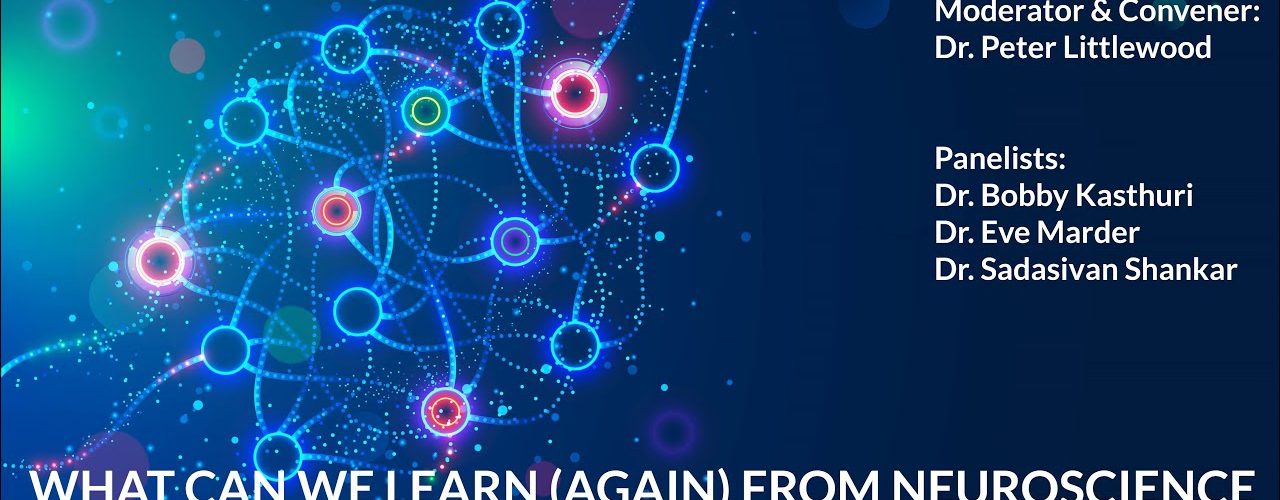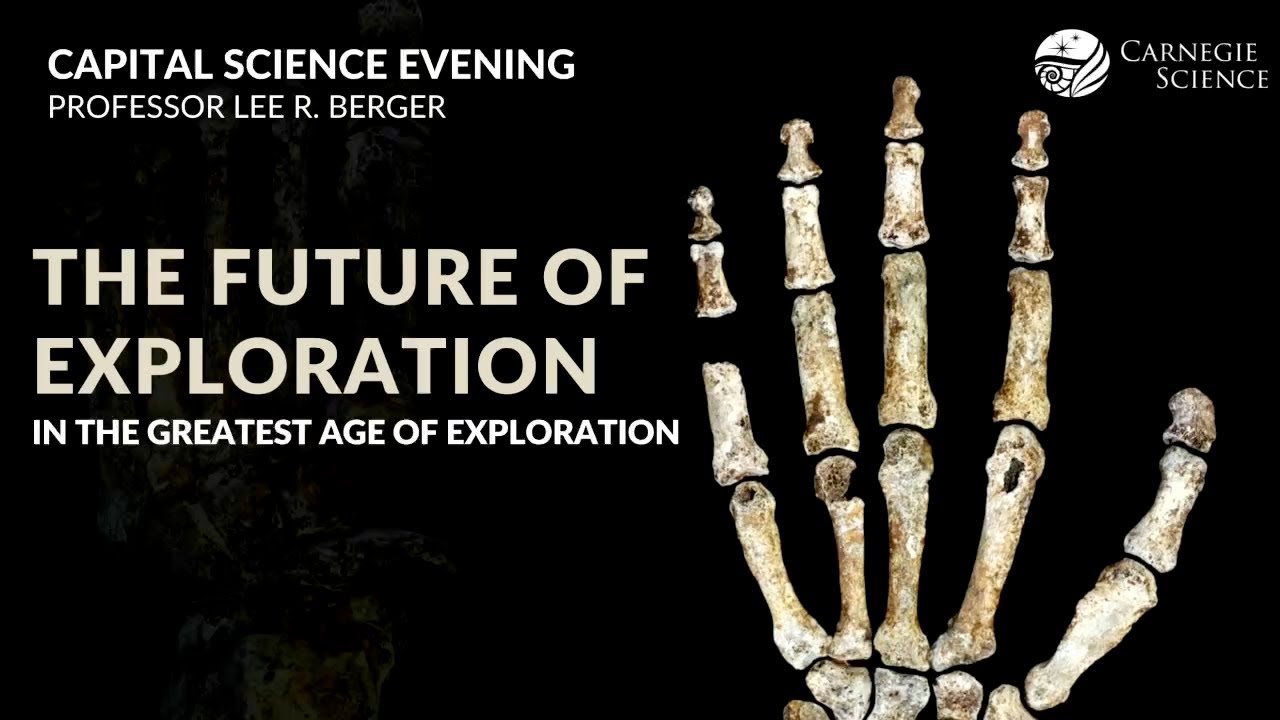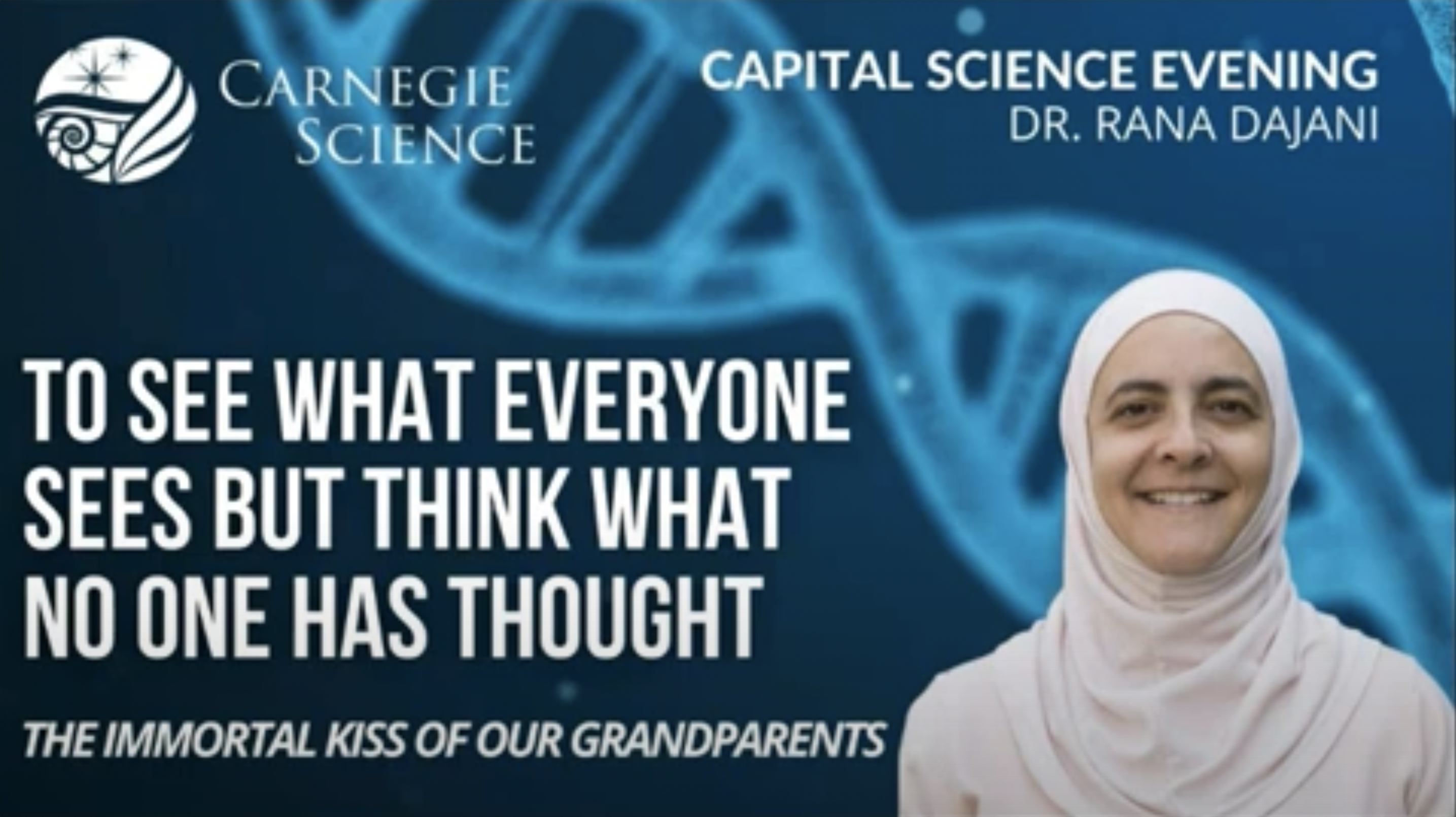In 1981, David Hubel and Torsten Wiesel received the Nobel Prize for their breakthrough research on visual processing in vertebrate brains. Their work also provided the inspiration for “neural network” computing methods of pattern recognition, which have recently become the omnipresent face of artificial intelligence and machine learning. However, these algorithms, which are typically run on conventional electronic computers, are in most cases much less effective than the brains of even very simple animals, and use vastly more energy than we can support. Dr. Peter Littlewood will lead a discussion that will bring together different expertise on this topic. Dr. Eve Marder will discuss what the simplest organisms have taught us about neural connections. Dr. Bobby Kasthuri will explain what we can glean from experimental measurements of more-complex animals. And Dr. Sadasivan Shankar will illustrate how computing itself may need to be reassessed in terms of hardware, software, and information processing for a “brain-like” computer.
Moderator and Convener: Dr. Peter Littlewood: Professor of Physics, University of Chicago
Panelists:
Dr. Bobby Kasthuri: Neuroscience Researcher, Argonne National Laboratory; Assistant Professor of Neurobiology, University of Chicago
Dr. Eve Marder: Victor and Gwendolyn Beinfield Professor of Biology, Brandeis University
Dr. Sadasivan Shankar: Applied Physics Associate, Harvard Paulson School of Engineering and Applied Sciences; Former Senior Principal Engineer and Program Leader for Materials Design, Intel Corporation
#NeuroComputing





